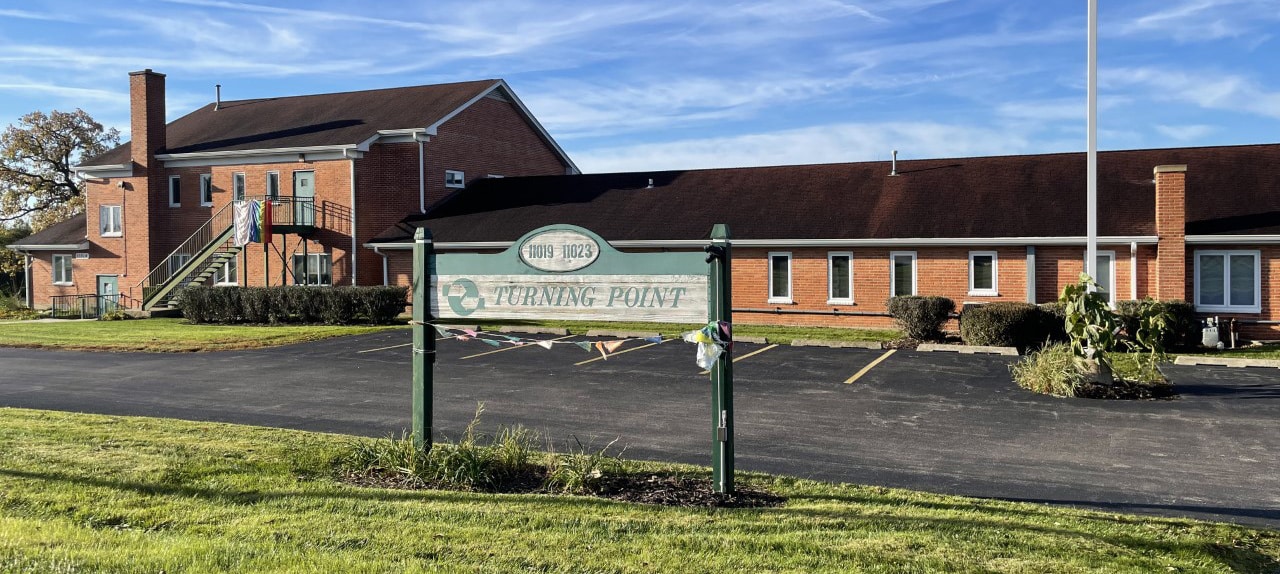Our History

In 1980, a few women gathered in a home and firmly decided to take action against intolerable abuse in the homes of their friends and neighbors.
They arrived at this decision after one woman’s husband physically abused her. When she went to court for help, the judge told her to go home and deal with the “family
matter.” In the face of unacceptable disregard the women took initiative and started an emergency help line for survivors in the community. As word spread about their work, other concerned volunteers came forward to address the issue of violence against women. Turning Point was incorporated in May, 1981.
Turning Point began providing individual and group counseling as well as legal and non-legal advocacy to address its mission to confront domestic violence in McHenry County. In 1986, advocates formed the Alternatives to Abuse Program now called Partner Abuse Intervention Program. Child services and childcare began in 1989, relieving another barrier preventing women from seeking help. A secure emergency shelter opened in January of 2007. Today Turning Point offers a comprehensive array of services for families experiencing domestic violence.
Domestic violence does not discriminate; perpetrators and abused spouses, partners and families come from all demographic categories. Therefore, Turning Point’s services reach all socio-economic, educational, and cultural populations in McHenry County.

Land Acknowledgement
We acknowledge that Turning Point Domestic Violence Services is located and serves on the ancestral lands of the Illini, Miami, Ho Chunk, Ojibwe and Pottawatomie tribes. We honor their elder's past, present, and emerging, and recognize their enduring connection to this land. We also acknowledge the historic and ongoing contributions of Indigenous peoples to this region and commit to supporting their sovereignty, cultural preservation, and community well-being. As an agency committed to ending the cycle of domestic violence, we acknowledge that the systemic silencing of Indigenous people is connected to current societal beliefs around domestic violence.
